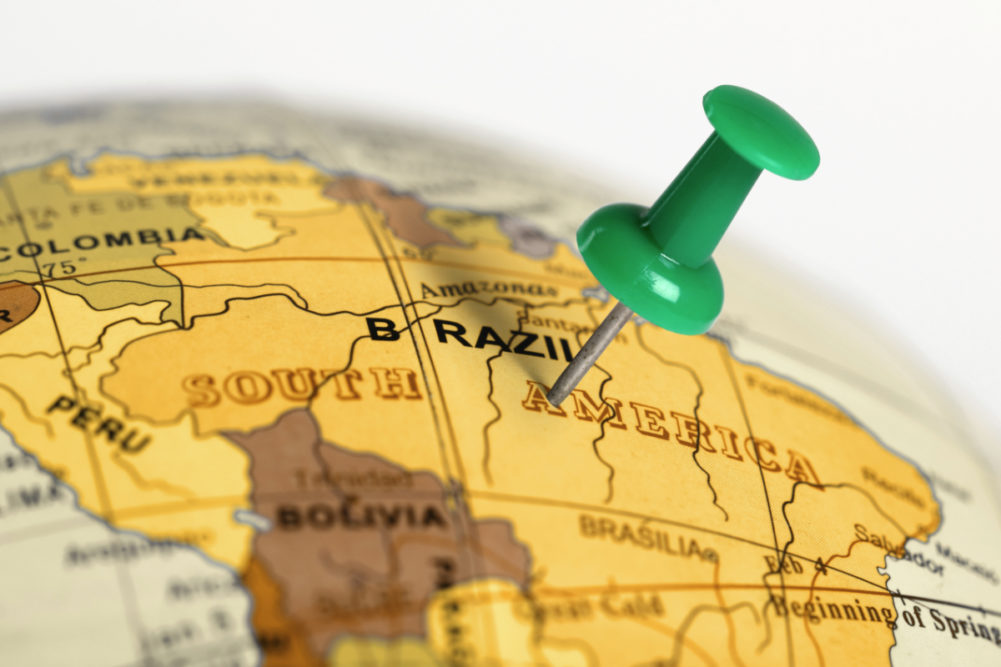NOVO PROGRESSO, BRAZIL — Indigenous protesters upset with the federal government’s response to the coronavirus (COVID-19) blocked a key Brazilian grain highway on Aug. 18, vowing to stay another 24 hours before obeying a court order to leave, Reuters reported.
Earlier on Tuesday, the group, which began blocking the road on Monday, moved aside for six hours to allow a long line of trucks to pass before moving back into position.
The Kayapo tribe said that the federal government had failed to protect them from the COVID-19 pandemic that has killed four of their elders and has not consulted them on a plan to build a railway next to their land.
"We are tired of unkept promises," the tribe said.
Reuters reported that Kayapo men carrying wooden weapons and wearing warrior body paint and headdresses of bird feathers on Aug. 17 began blocking the BR-163 highway in center-west Brazil with tires and wooden planks, jamming up loaded trucks for 3 kilometers (2 miles).
The BR-163 links towns in the nation’s biggest farm state Mato Grosso to the port of Miritituba, an important export river gateway in Pará state. With the soy season almost over, the main grain currently transported on the road is corn.
The tribe’s grievances include the building of the so-called Ferrogrão railway, set to cross part of the Amazon to connect the grain-producing Mato Grosso state to river ports for soy and corn, according to Reuters.
The railway will run parallel to the BR-163 highway, which has become an important route for exporting grains to the river ports for transshipment on to larger ships on the Amazon River.
Follow our breaking news coverage of the coronavirus/COVID-19 situation.






